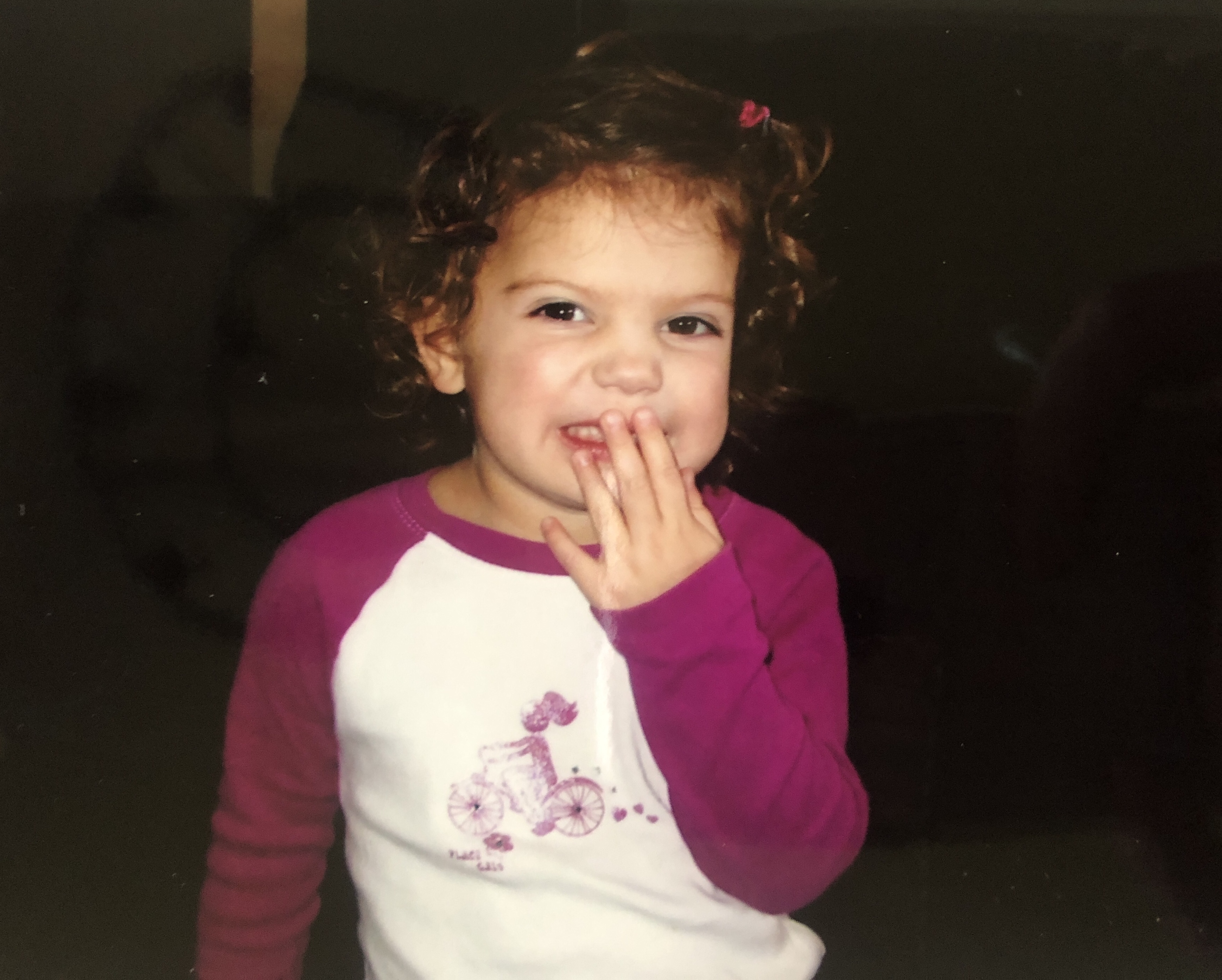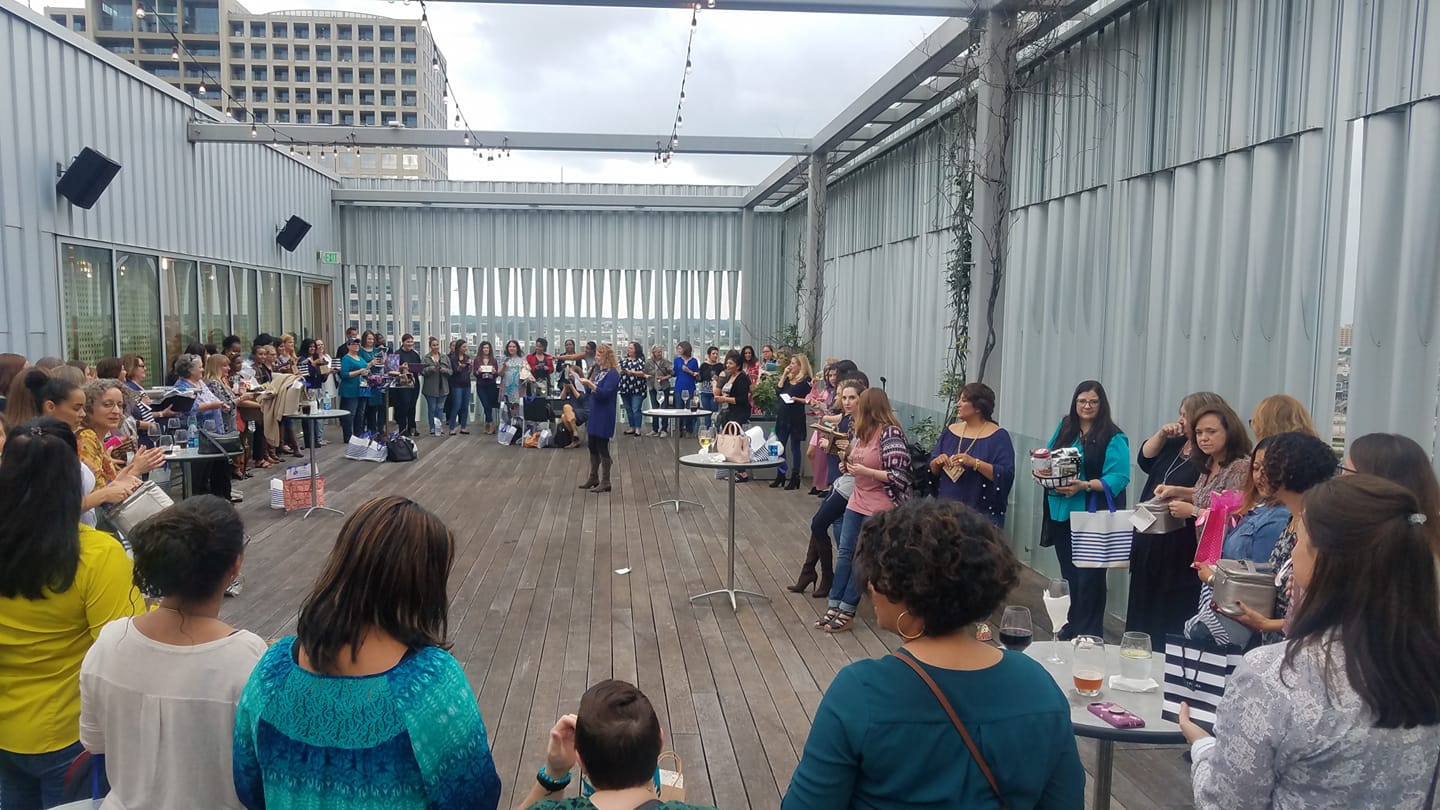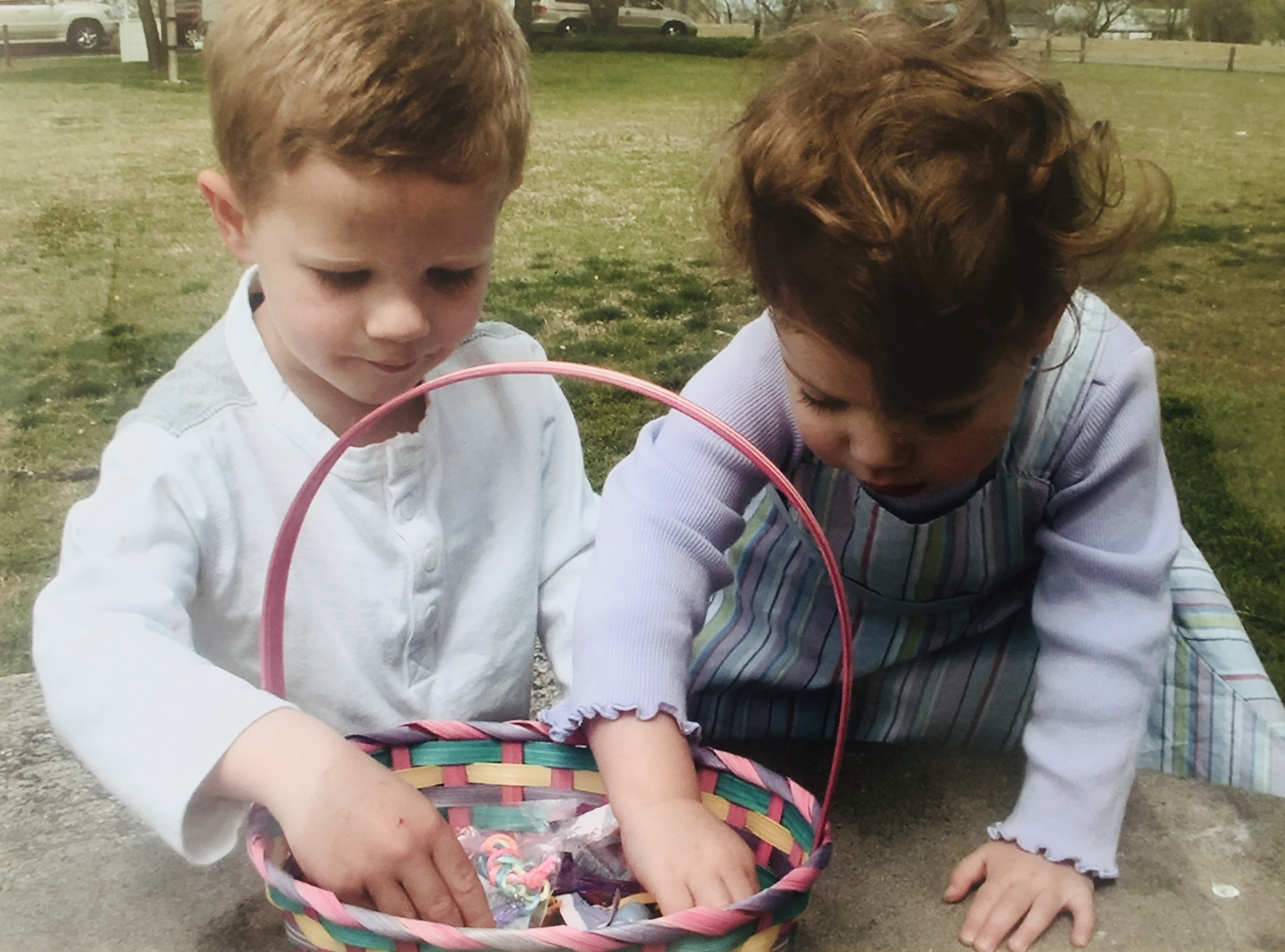It’s been 525,600 minutes since a new school year began. That may be the only…
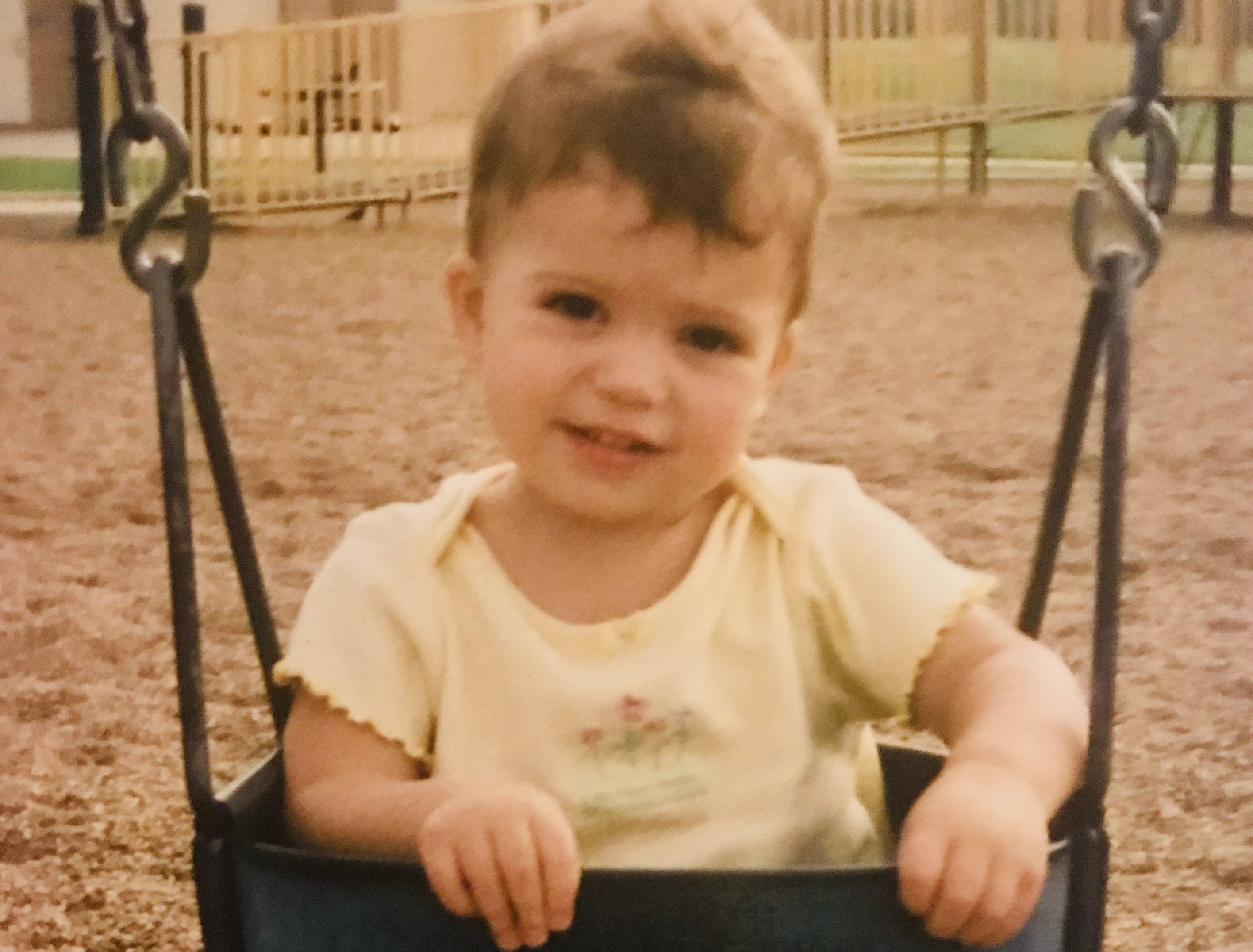
The Weight of the Unknown
From the moment I heard those devastating words, “Your daughter, Lizzie, has autism,” questions loomed in the back of my mind. “Will she become a functioning adult and be able to contribute to the world?” “Would I be okay if she never left home?” I decided to find out if other parents were asking these same questions.
I interviewed thirty autism parents with kids on all parts of the spectrum from all corners of the world and compiled their stories into the book, United in Autism: Finding the Strength Inside the Spectrum. I sought parents with tough kids who hadn’t progressed the way they had hoped. I looked for parents who did not have the best resources readily available. I chose to only interview parents who had found contentment, and even happiness, while living in the midst autism. What did these parents know or do differently that I could share with others? What did they all have in common that I could implement in my own life to help lift the weight of the unknown? It turns out three things: Grieving, Community and Service.
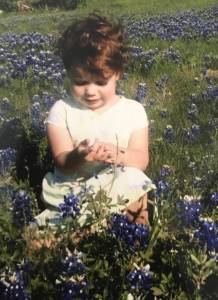
Grieving
When Lizzie was four-years-old (a full two years after her diagnosis), it finally sunk in that autism was forever. The weight of foreverclouded my mind and exhausted me. How could I possibly do thisforever?!
We all grieve differently, but it is a necessary step to begin to move on.
Rahel Abayneh from Addis Ababa, Ethiopia, cut off all her hair, refused to eat and grieved for two months. In Ethiopia, if a child has special needs, he is cursed. And because he comes from the mother, she is also cursed. Often the father’s family takes the father and other kids away, leaving the mom only with her special needs child with no way to provide for him. Her fascinating story ends in starting a school caring for those who have been ostracized from society.
Judith Ursitti from Boston, Massachusetts, said she grieved “selfishly.” I appreciated her being vulnerable and honest enough to admit this out loud. Often, as special needs parents, people say things to us like, “Only special moms are given special kids,” or “You are such a saint for all you do for your child.” Putting us up on a pedestal takes away our right to grieve our own loss as parents. We need to take the time to grieve the dreams we had for ourselves that now will never come to fruition. You have Judith to thank your insurance pays for your ABA (Applied Behavioral Analysis). She fought state by state to make sure your autism therapy is covered.
Kirk Smith from Los Angeles, California, grieves through comedy. He said it takes the sting out of whatever is going on in our lives and helps us feel we are not alone. He started a free podcast called, Autastic: A Comedian’s Guide to Autismto provide laughs when you need them.
Community
It is 100% necessary to find a community that “gets it.” We often begin to feel that our non-autism friends no longer understand our lives, so with each well-meaning, but often hurtful comment, we slowly pull back and begin to isolate ourselves from the people we were once close to.
Pam Minelli from Jupiter, Florida, shared that sometimes she thought no one would believe the crazy things happening in her home, but when she told other autism families, she realized those same things were going on in their homes, too. Situations in our homes don’t change, but when we know others are experiencing the same thing, somehow it changes the way we feel about what is going on. Somehow we are more able to cope knowing we are not alone.
Maria Kaminski from Osnabrück, Germany, has a son with autism who is now forty-two years old. There was no internet and no resources in 1978 when he was diagnosed. She put an announcement in the newspaper to find other families living with autism and found so many families that together they started a school and sued the government to pay for their children’s education. That was the beginning of autism services in Germany.
Ronald Reagan once said, “By working together, pooling our resources and building on our strengths, we can accomplish great things.”
Service
The simple plain truth is that the happiest people are people who are giving back. There is power in sharing what you have learned with another parent who is one step behind you in this tough journey. This brings purpose to our pain. Serving others allows us to look up from our own lives and realize there are others hurting, too.
Indrani Basu from New Delhi, India,said,“I started volunteering to benefit my son, but I soon grew to love the difference I was making in others’ lives, too. Helping these families became my lifeline. It is hugely satisfying to see their transformation.”
Victor Yermolaev from Saint Petersburg, Russia, said, “Our kids with autism are given to us for a reason…they are our greatest teachers.”
If we enable ourselves to go through the necessary grieving to unite together to share what we have learned from our kids with the world, it ispossible to find peace, joy and even strength inside the spectrum.
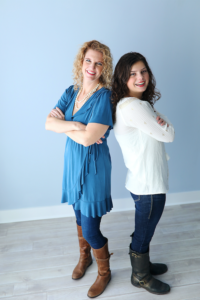
***
For stories that will bring you big picture perspective in the midst of your everyday struggles, subscribe to the United in Autism blog HERE.
***
Julie Hornok is an award-winning author, inspirational speaker, and advocate for autism. She started the non-profit, United in Autism, to bring hope to autism moms through emotional support events. Her first book, United in Autism: Finding Strength Inside the Spectrum (foreword by Temple Grandin) is available at UnitedinAutism.com or Amazon. Join her United in Autism Facebook Community for daily support. UnitedinAutism.com

